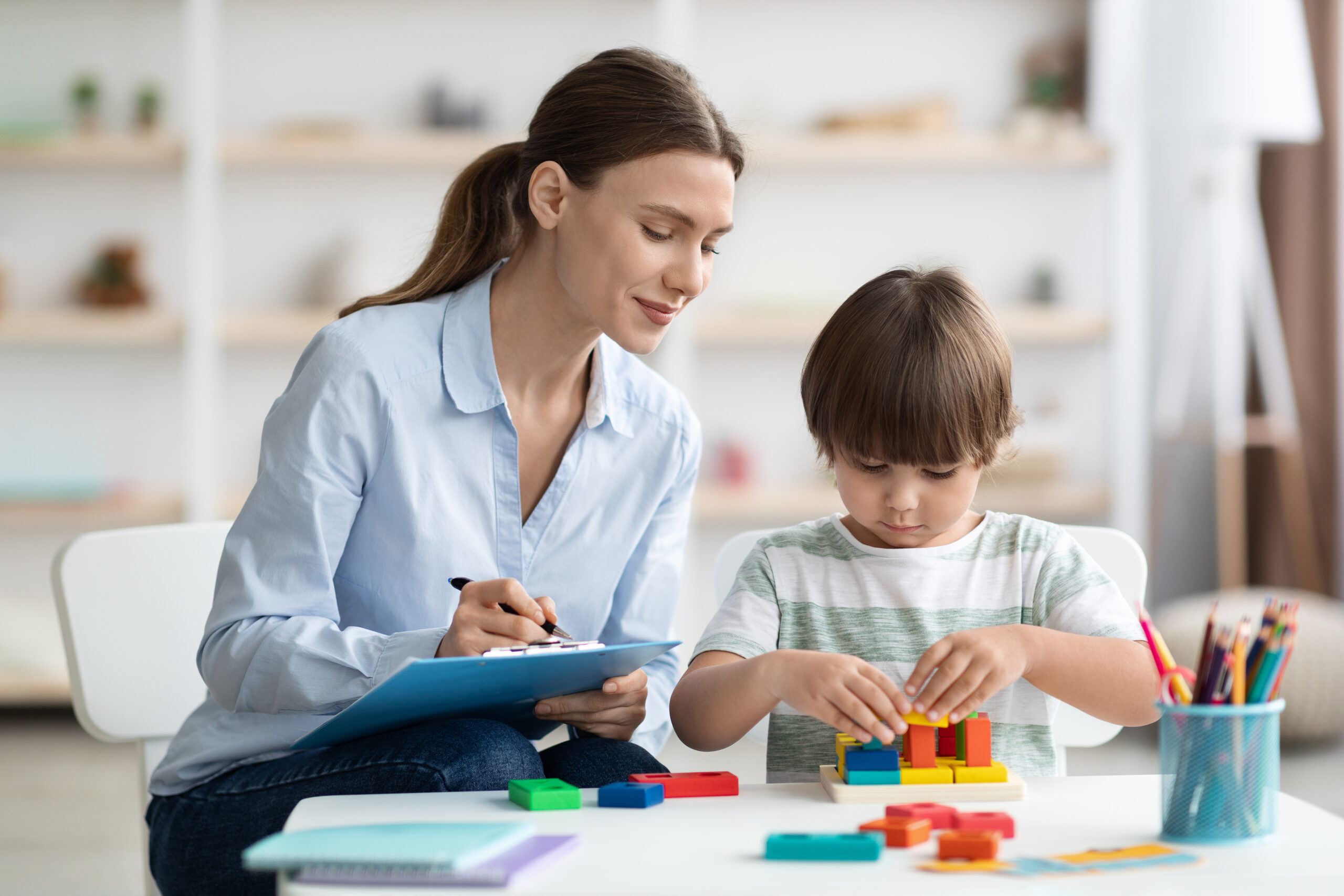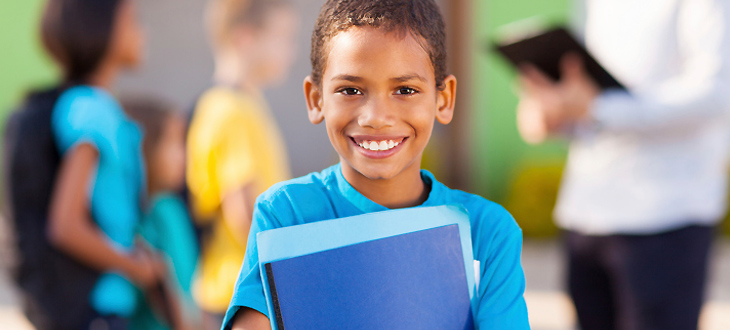Educational psychology is the branch of psychology focused on how people learn and retain knowledge in educational settings. By examining the ways students think, process information, and develop skills, educational psychology provides insights that help teachers, parents, and school systems create more effective learning environments. This field is crucial for enhancing teaching methods, designing engaging curriculum, and supporting students’ diverse learning needs.
In this article, we’ll explore the fundamentals of educational psychology, its key theories, and how understanding how students learn can transform education.
🧠 What Is Educational Psychology?

Educational psychology is the study of how people learn, including topics such as:
-
Cognitive development
-
Motivation and engagement
-
Memory and information retention
-
Behavioral and emotional influences
-
Individual learning differences
-
Assessment and evaluation
Educational psychologists apply these insights to support instructional strategies, classroom management, and student development.
🎓 Why Educational Psychology Matters
Understanding how students learn benefits everyone in the education system:
-
Teachers can tailor lessons to meet students’ needs and learning styles.
-
Students become more aware of how they learn best and can improve study habits.
-
Administrators and policymakers can make informed decisions about curriculum and school design.
-
Parents gain insight into how to support learning at home.
📚 Key Theories in Educational Psychology
Several foundational theories have shaped the field of educational psychology:
1. Behaviorism – Learning Through Reinforcement
-
Pioneered by B.F. Skinner and John Watson
-
Focuses on observable behaviors and the effects of rewards and punishments
-
Common in classroom management and habit formation
2. Cognitivism – The Mind as a Processor
-
Based on the idea that the mind works like a computer, processing and storing information
-
Emphasizes memory, perception, and thinking
-
Influential theorists: Jean Piaget and Jerome Bruner
3. Constructivism – Learning by Doing
-
Proposes that learners actively construct knowledge through experience
-
Encourages hands-on activities, collaboration, and reflection
-
Key figures: Lev Vygotsky, John Dewey
4. Social Learning Theory – Learning from Others
-
Developed by Albert Bandura
-
Highlights the role of observation, imitation, and modeling in learning
-
Introduces the concept of self-efficacy—belief in one’s ability to succeed
🎯 Core Concepts in Educational Psychology
✅ Learning Styles and Preferences
While the idea of fixed “learning styles” (e.g., visual, auditory, kinesthetic) is debated, recognizing varied preferences can help teachers diversify instruction.
✅ Motivation
Intrinsic (internal) vs. extrinsic (external) motivation greatly affects how students approach learning. Effective teaching often boosts intrinsic motivation through choice, relevance, and curiosity.
✅ Metacognition
Metacognition—“thinking about thinking”—helps students become aware of their own learning strategies and adjust them for better outcomes.
✅ Zone of Proximal Development (ZPD)
Introduced by Vygotsky, the ZPD is the range of tasks a student can do with guidance but not yet alone. Scaffolding helps bridge this gap.
✅ Memory and Information Retention
Understanding short-term vs. long-term memory, cognitive load, and chunking helps in designing more effective learning knowledge experiences.
🏫 Applying Educational Psychology in the Classroom
Here are ways educators can use psychological principles to support learning:
1. Differentiated Instruction
Adapting content, process, and assessment based on students’ abilities, interests, and learning profiles.
2. Formative Assessment
Regular, low-stakes assessments help identify learning gaps and guide instruction in real-time.
3. Positive Reinforcement
Using praise, rewards, and recognition to encourage desired behaviors and academic effort.
4. Growth Mindset Encouragement
Promoting the belief that intelligence can grow with effort leads to greater resilience and motivation.
5. Active Learning Techniques
Incorporating group work, projects, and discussions engages students and enhances understanding.
🧩 Educational Psychology and Special Education
Educational psychologists play a key role in identifying and supporting students with:
-
Learning disabilities (e.g., dyslexia, ADHD)
-
Emotional and behavioral challenges
-
Giftedness
-
Speech or developmental delays
They help create Individualized Education Plans (IEPs) and recommend interventions to support success for all learners.
🧪 Research and Technology in Educational Psychology
Modern research tools like brain imaging, learning analytics, and AI-based assessments are transforming how we understand and improve learning. Educational psychology now blends neuroscience, data analysis, and classroom observation to create evidence-based teaching practices.
🌟 Conclusion: Teaching Minds, Touching Lives
Educational psychology provides the insight and tools needed to help every student thrive. By understanding how learning happens—emotionally, cognitively, and socially—educators can create more engaging, inclusive, and effective environments.
Whether you’re a teacher, parent, student, or policymaker, a basic understanding of educational psychology empowers you to support learning in meaningful ways.
🧠 When we understand how students learn, we open the door to how they succeed.
From mouthwatering recipes to expert entertaining ideas, Decology is your ultimate destination for food and fun. https://decology.com


